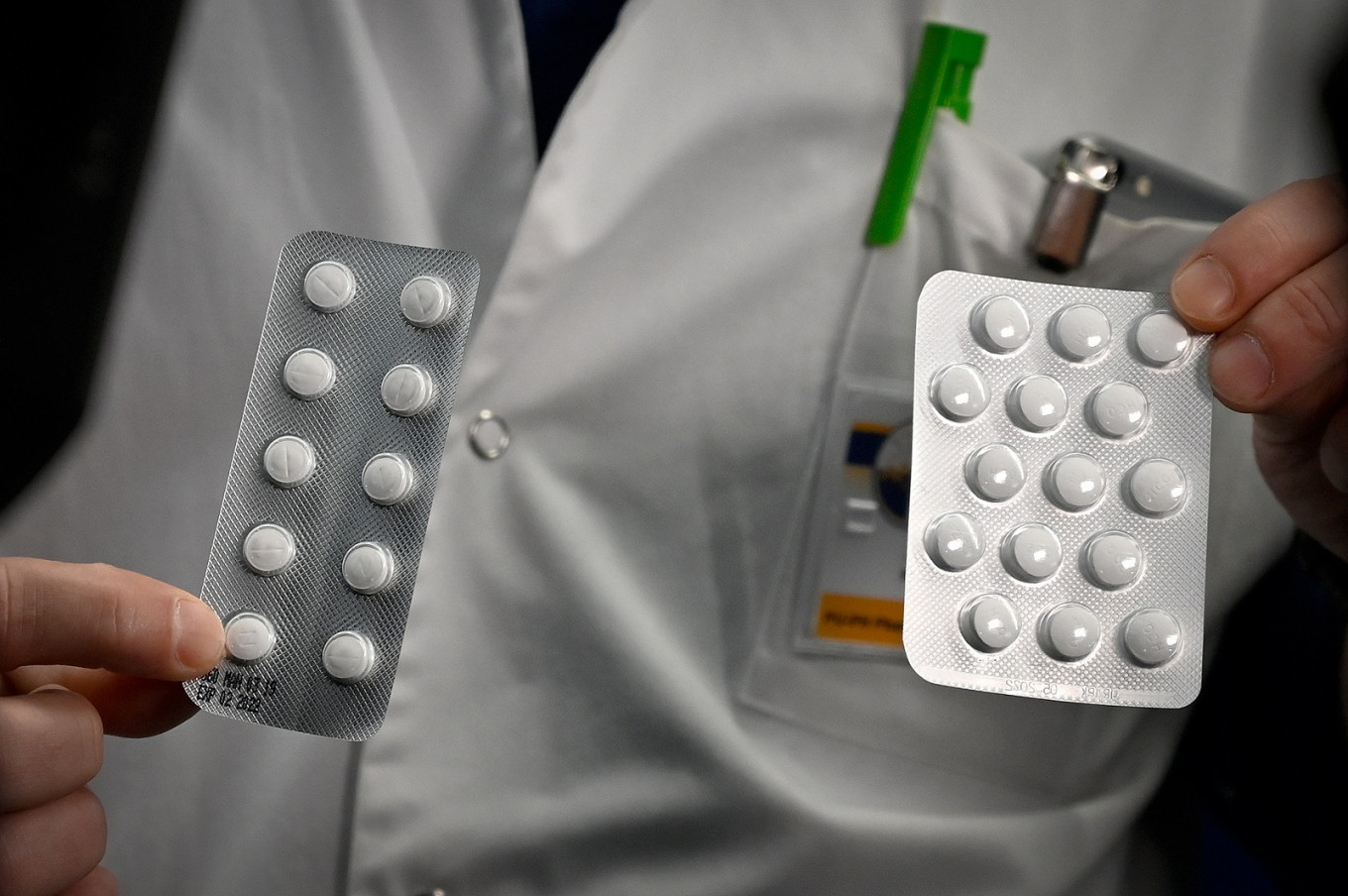
WHO expects hydroxychloroquine safety findings by mid-June
by John MillerThe World Health Organization (WHO) on Tuesday promised a swift review of data on hydroxychloroquine, probably by mid-June, after safety concerns prompted the group to suspend the malaria drug's use in a large trial on COVID-19 patients.
US President Donald Trump and others have pushed hydroxychloroquine as a coronavirus treatment, but the WHO on Monday called time after the British journal The Lancet reported patients getting hydroxychloroquine had increased death rates and irregular heartbeats.
"A final decision on the harm, benefit or lack of benefit of hydroxychloroquine will be made once the evidence has been reviewed," the body said. "It is expected by mid-June."
Those already in a 17-country study, called Solidarity, of thousands of patients who have started hydroxychloroquine can finish their treatment, the WHO said.
Newly enrolled patients will get other treatments being evaluated, including Gilead Science's remdesivir and AbbVie's Kaletra/Aluvia.
Separate hydroxychloroquine trials, including a 440-patient US study by Swiss drugmaker Novartis, are continuing enrollment.
Novartis and rival Sanofi have pledged donations of tens of millions of doses of the drug, also used in rheumatoid arthritis and lupus, for COVID-19.
Novartis said The Lancet study, while covering 100,000 people, was "observational" and could not demonstrate a causal link between hydroxychloroquine and side effects.
"We need randomized, controlled clinical trials to clearly understand efficacy and safety," a Novartis spokesman said.
The WHO said its safety-board review would examine not just Solidarity patients, but other hydroxychloroquine studies too, to determine if a pattern emerges similar to problems described in The Lancet.
Dr. Oriol Manuel, infectious disease expert and national coordinator of the Solidarity study in Switzerland, said hitting pause now made sense.
"There are several thousand patients already enrolled, some randomized to receive hydroxychloroquine, some who did not receive any drug," Manuel told Reuters. "They can do a comparison of the use of hydroxychloroquine ... to see whether there is a signal of some kind of adverse events."
If you want to help in the fight against COVID-19, we have compiled an up-to-date list of community initiatives designed to aid medical workers and low-income people in this article. Link: [UPDATED] Anti-COVID-19 initiatives: Helping Indonesia fight the outbreak